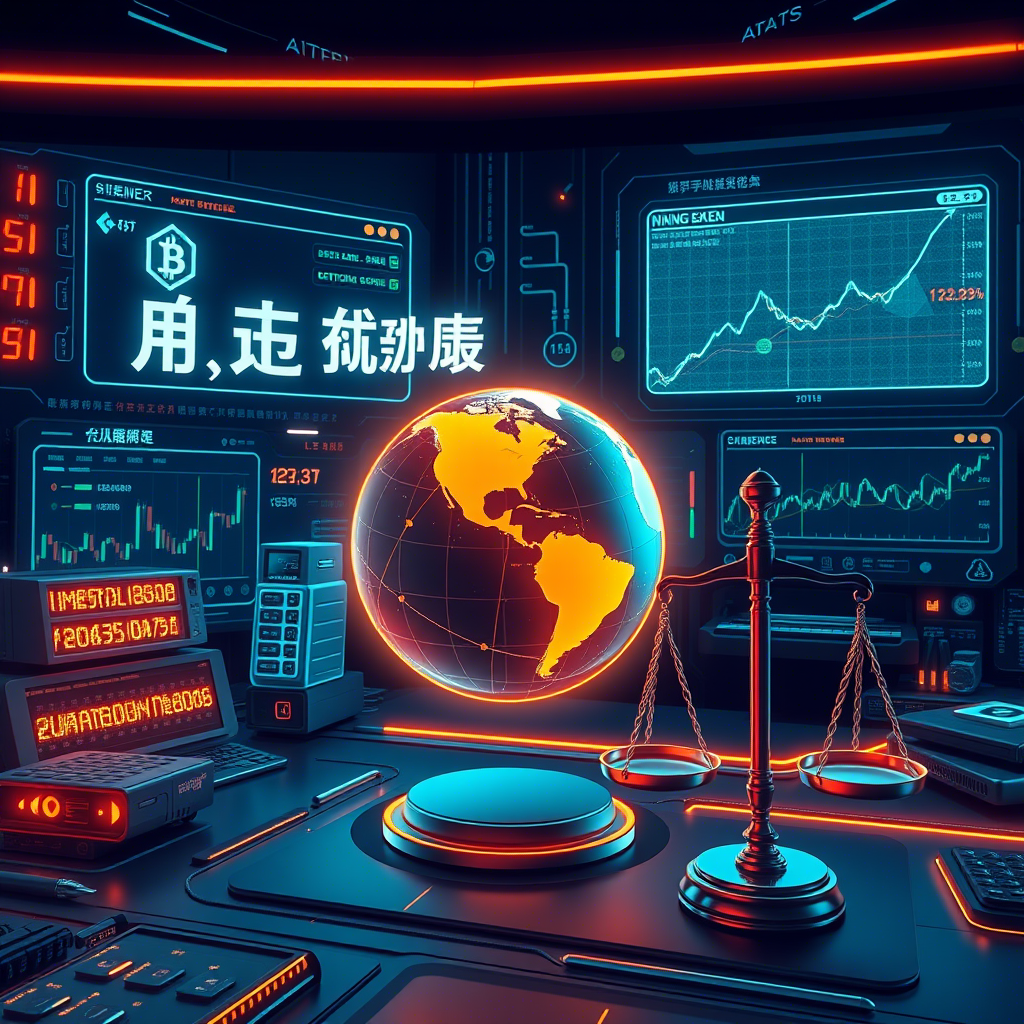The Metaverse is rapidly evolving, promising immersive virtual experiences that blend reality with digital innovation. Over the next decade, advancements in virtual reality (VR), augmented reality (AR), blockchain, and AI will drive the creation of interconnected virtual worlds. These developments will transform industries such as gaming, education, healthcare, and social interaction, paving the way for a more integrated and interactive digital future.








